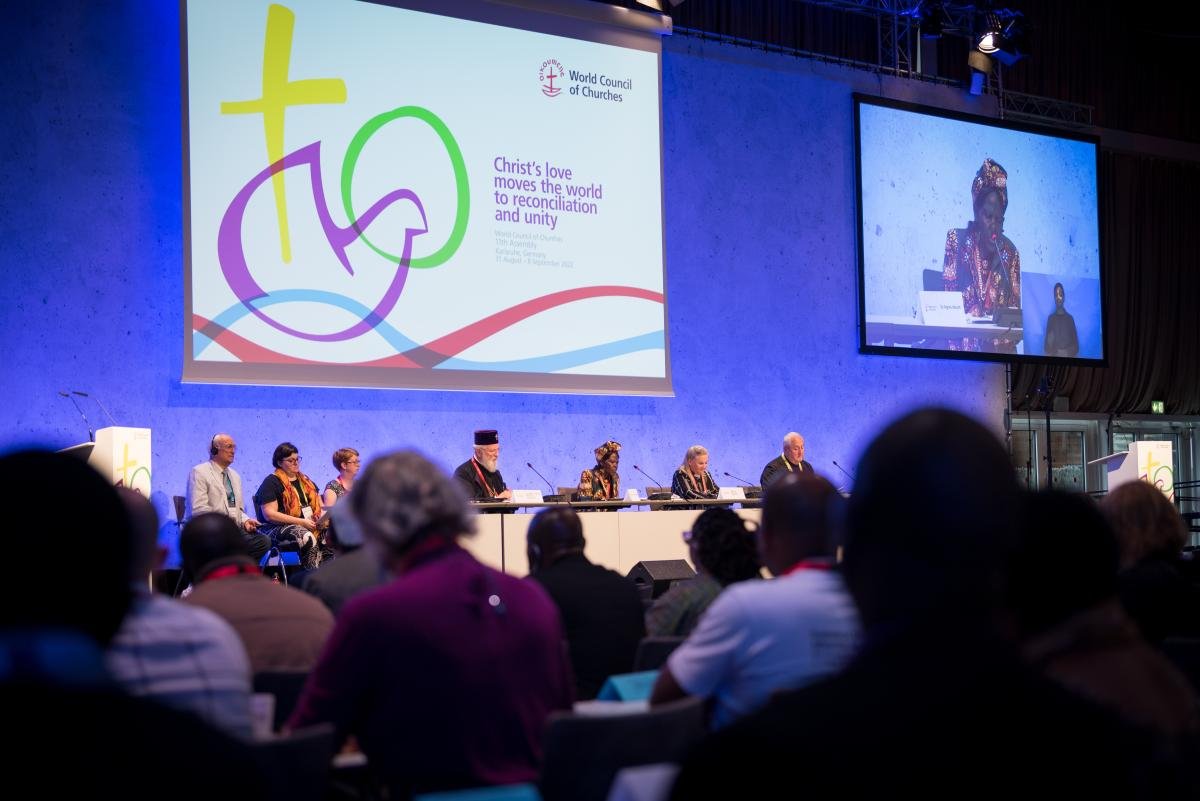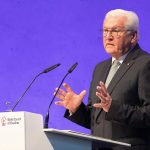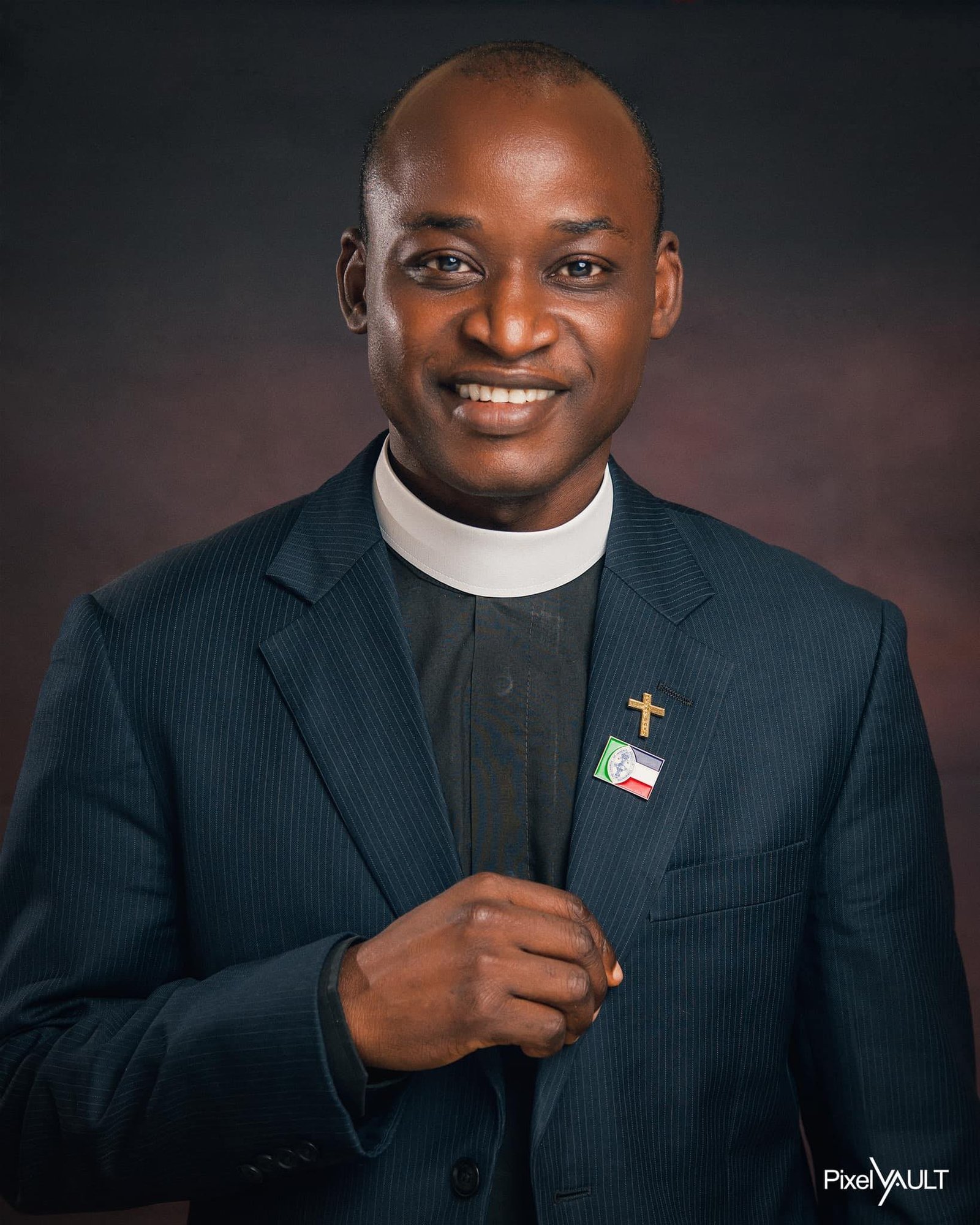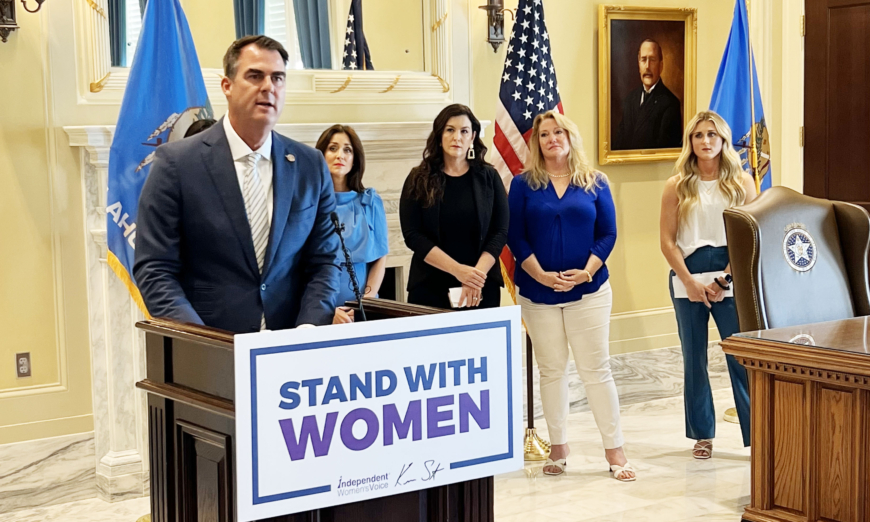The World Council of Churches 11th Assembly began its assembly in the German city of Karlsruhe on 31 August, with Dr. Agnes Abuom opening the gathering, her last as moderator

Abuom, the moderator of the WCC central committee, started the session on 31 August, calling for a minute of silence by paying tribute to the late Metropolitan Gennadios of Sassima, who died on 1 June while he was vice moderator of the central committee.
Abuom has served as moderator since 2013.
The 30 August to 8 September assembly is the meeting of the highest governing body of the WCC. This year’s theme is “Christ’s love moves the world to reconciliation and unity.”
“It was 74 years ago this very month – in August—that the World Council of Churches was constituted and established,” said WCC acting general secretary Rev. Prof. Dr. Ioan Sauca.
The last assembly was held in Busan, South Korea, in 2013. Of the 352 WCC member churches, 295 are attending the Karlsruhe gathering.
Sauca introduced the assembly stewards saying, “Without them, the assembly is impossible to run,” and recalled that Abuom started as a steward in 1975 at the WCC 5th Assembly in Nairobi.
Seven new member churches
Abuom, an Anglican from Kenya, welcomed seven new member churches to the WCC.
Joining in 2016 was the Dutch Reformed Church from South Africa, the Church of Central Africa Presbyterian Blantyre Synod from Malawi, and the Council of Baptist Churches in Northeast India.
In 2018, the Africa Brotherhood Churches from Kenya and the Community of Baptist Churches in Central Africa from the Democratic Republic of Congo joined the council.
Then in 2022, joining the WCC were the Apostolic Faith Mission of South Africa and the First African Church Mission from Nigeria.
The moderator said there were also 11 special guests from Ukraine.
“Absolutely fundamental to the WCC and the ecumenical movement are relationships,” said Abuom. “That’s what makes experiences like the assembly so precious and formative. We encounter one another – in all our uniqueness – and recognize a neighbor in the stranger, unity in the midst of our diversity.”
Bishop Mary Anne Swenson, the vice moderator of the central committee, said, “None of us anticipated COVID and the need to postpone this assembly and change so much from in-person to online. It was challenging.
“Above all, we were reminded that nothing – not death nor life, nor things present, nor those to come, not even COVID, nothing can separate us from God’s love.”
Metropolitan Nifon of Târgoviște, of the Romanian Orthodox Church, the vice moderator of the central committee, moderated a session in which the assembly approved assembly committees and thematic plenary moderators.






